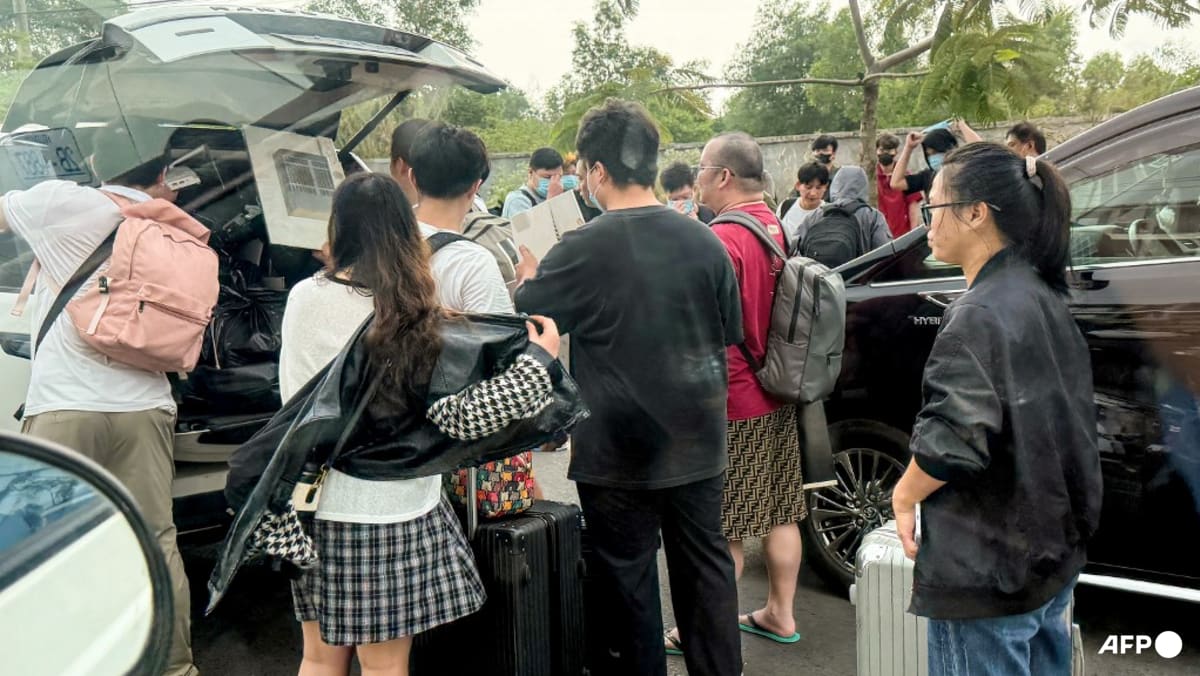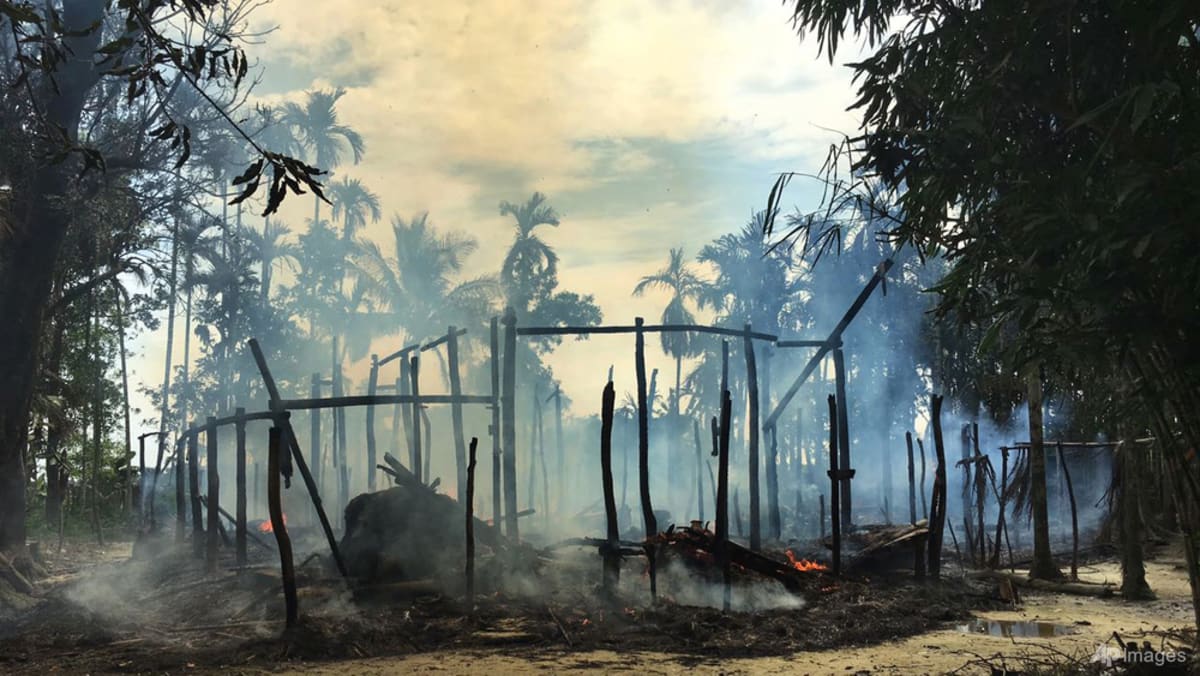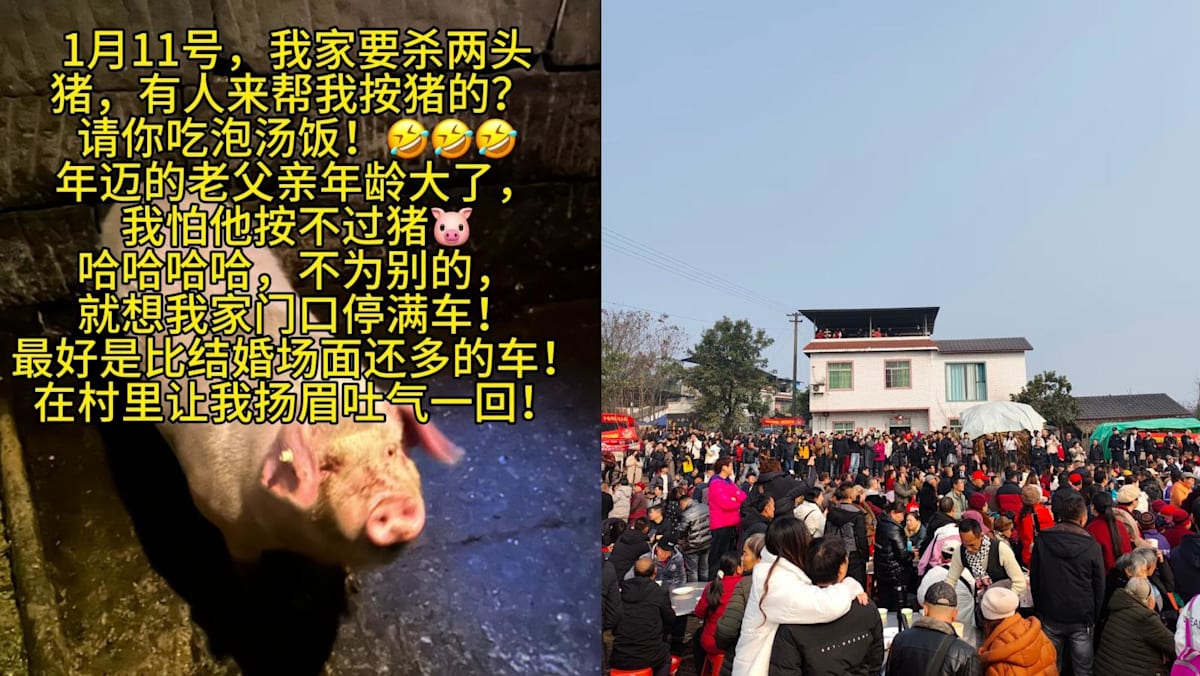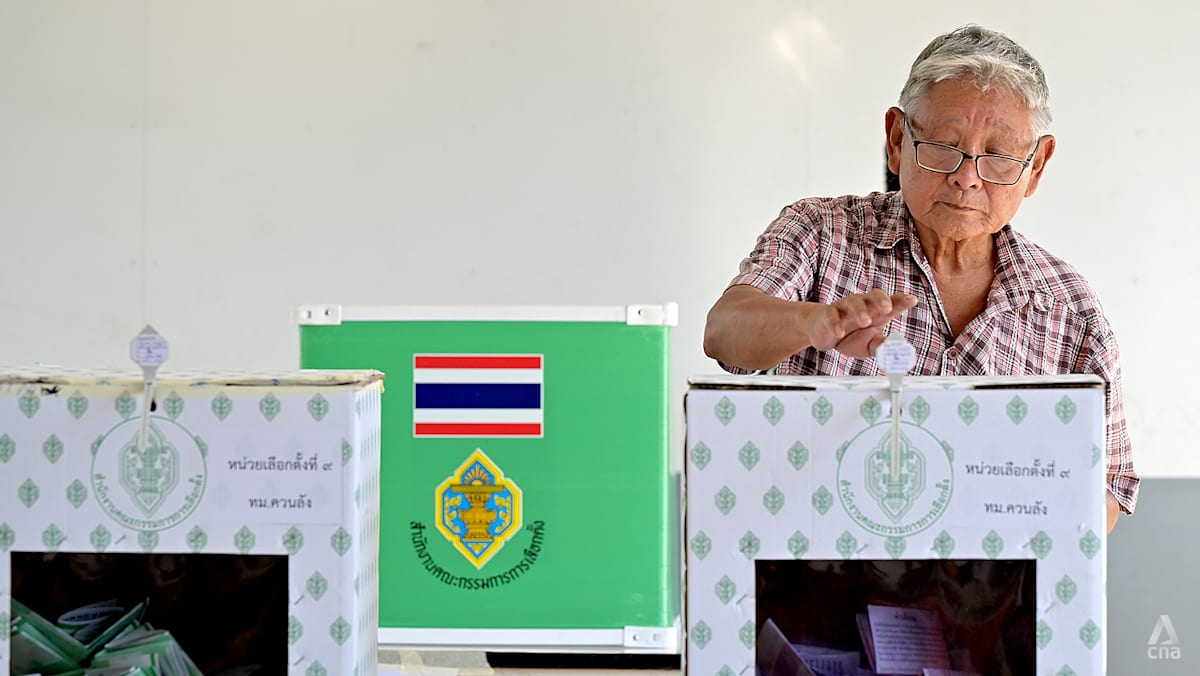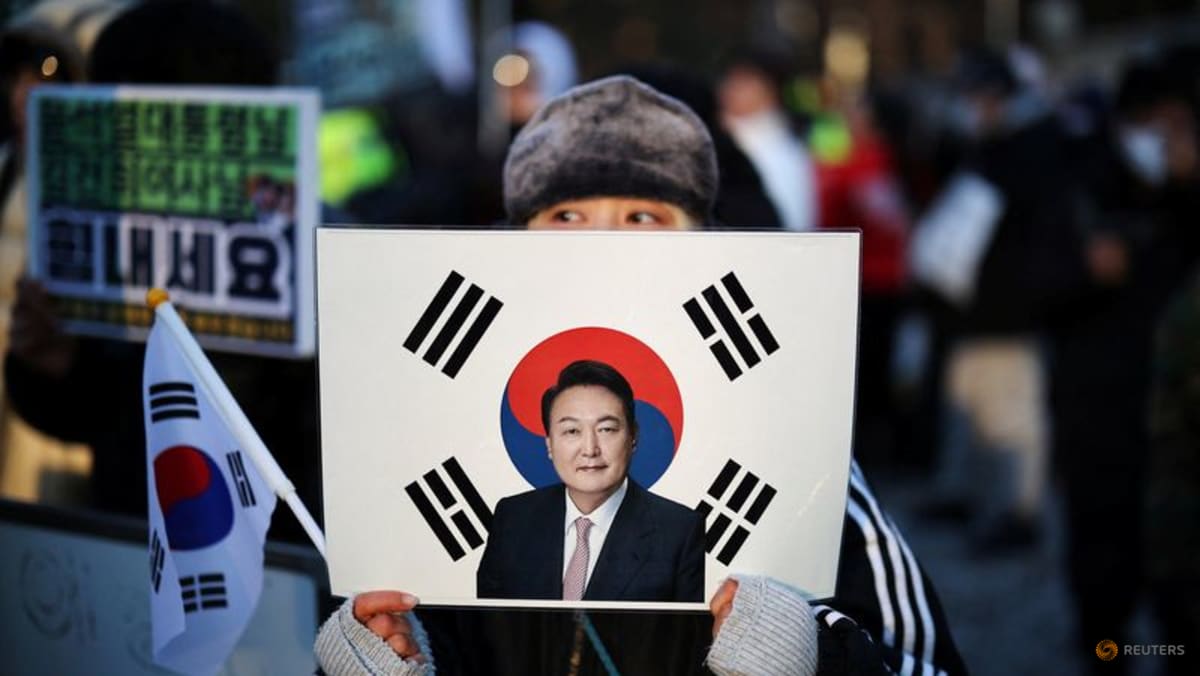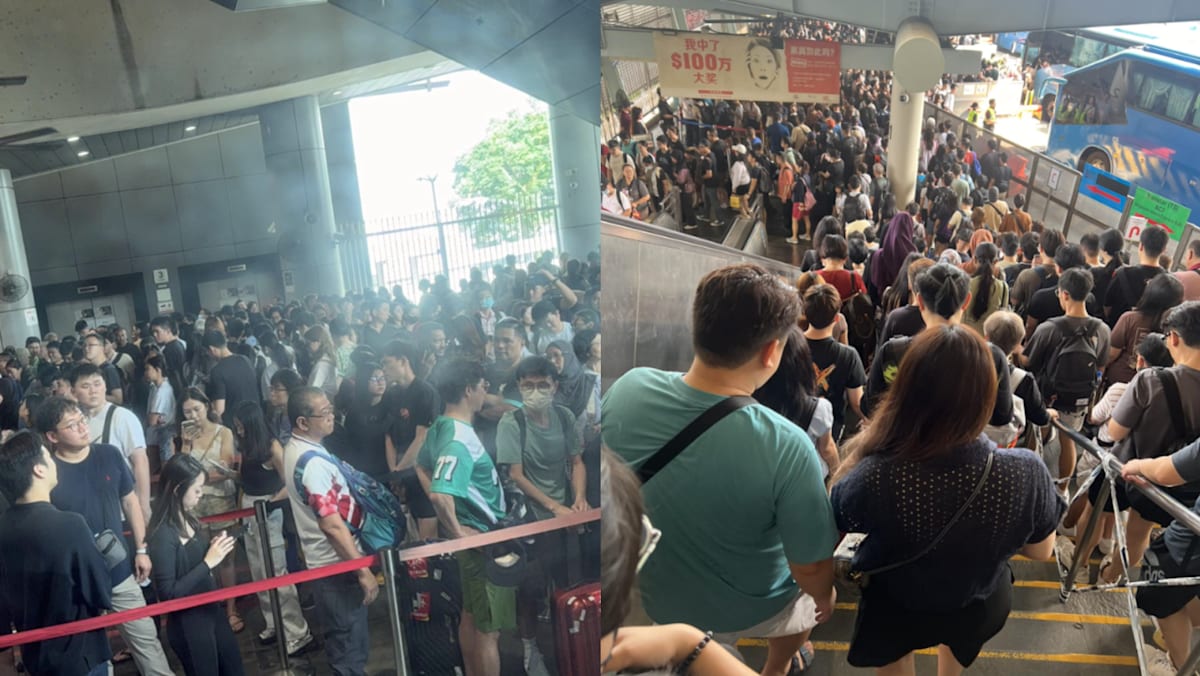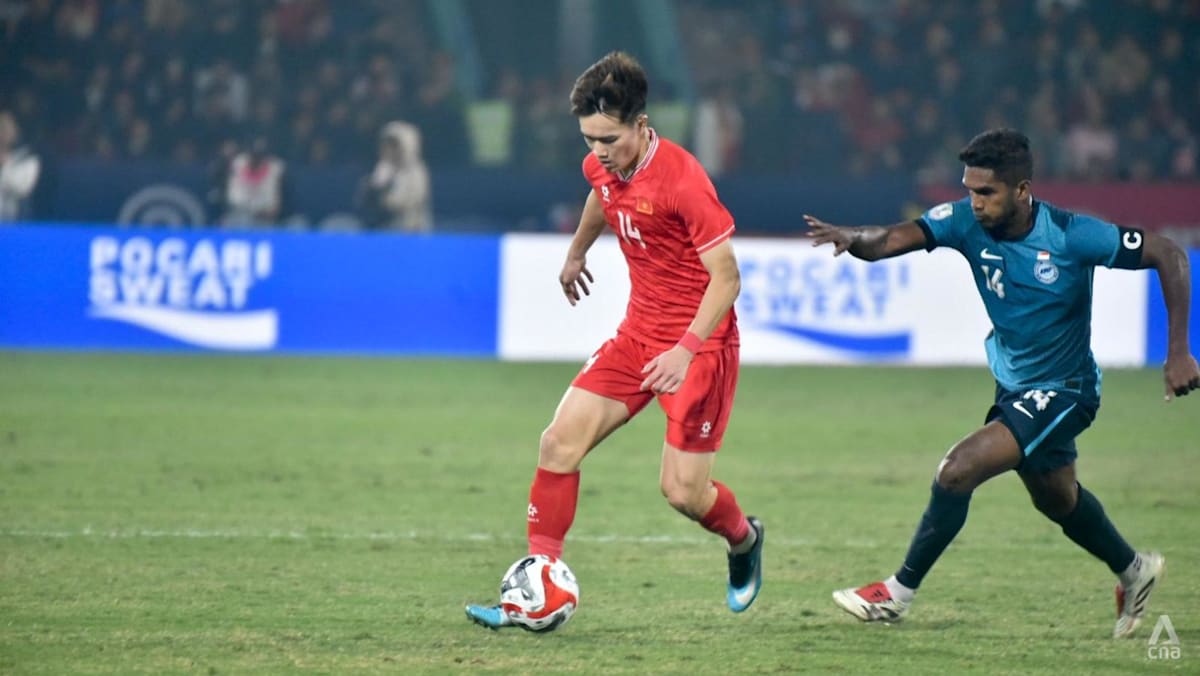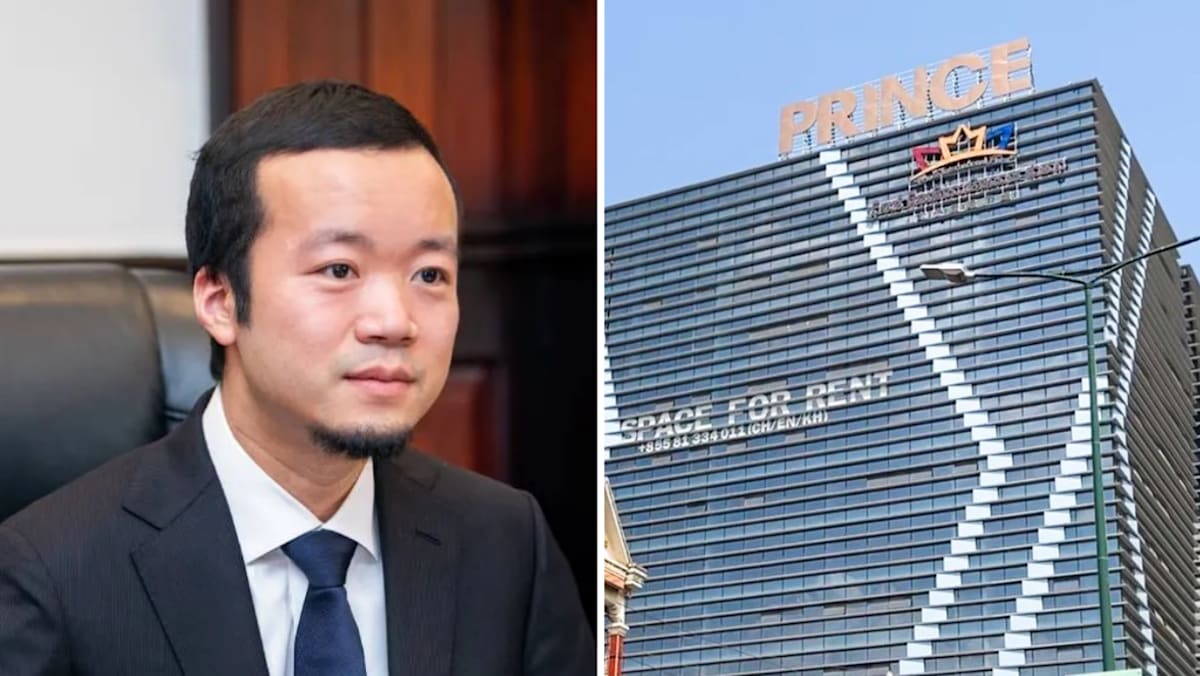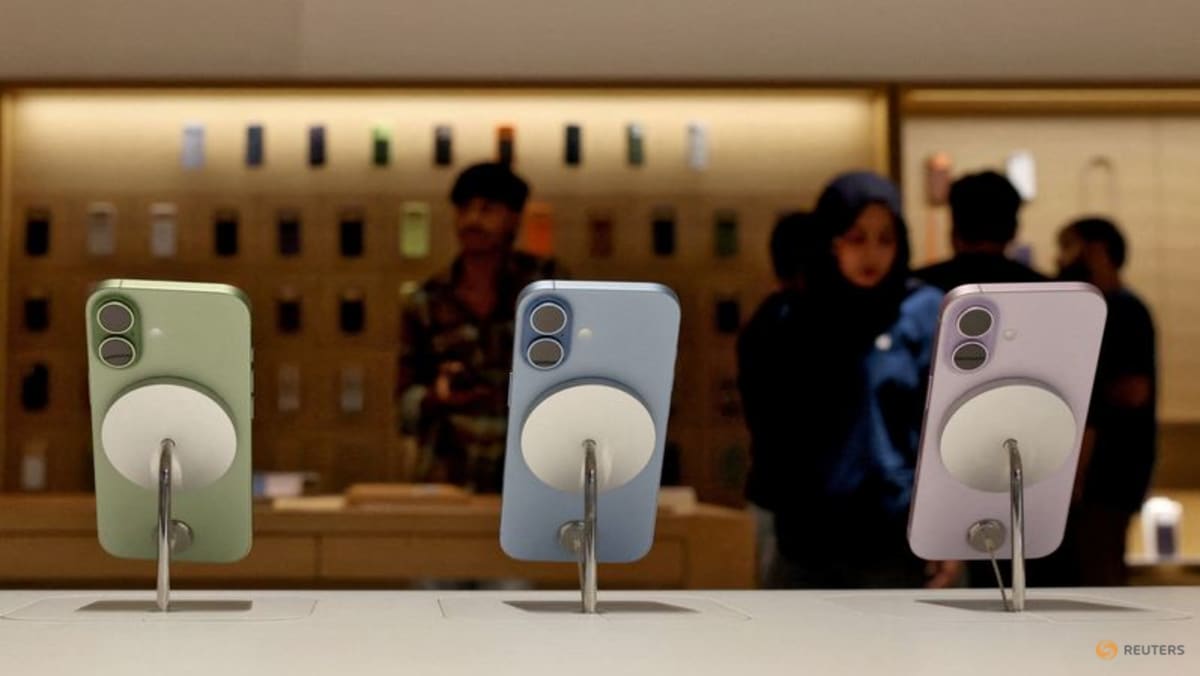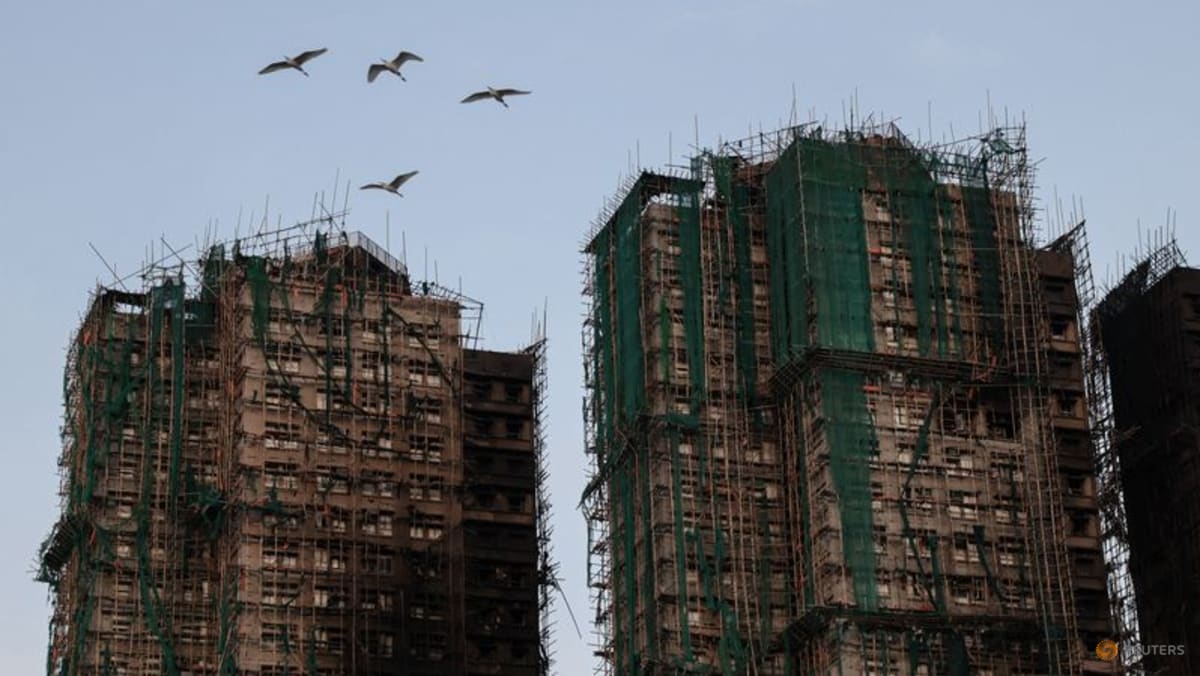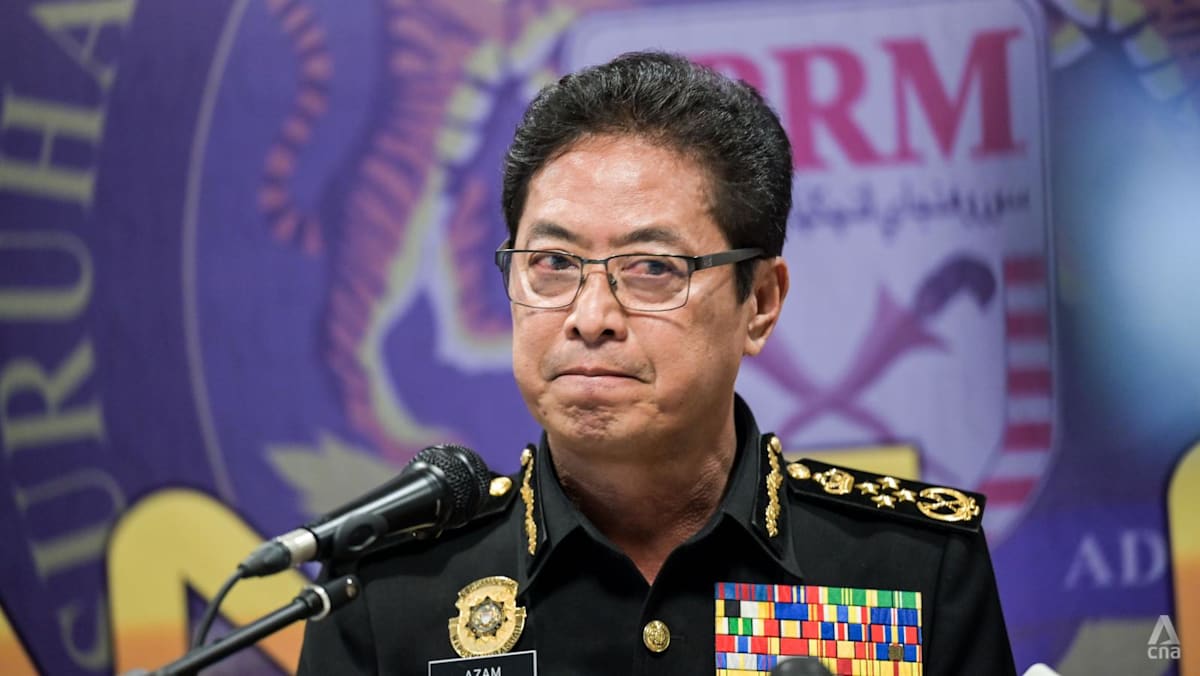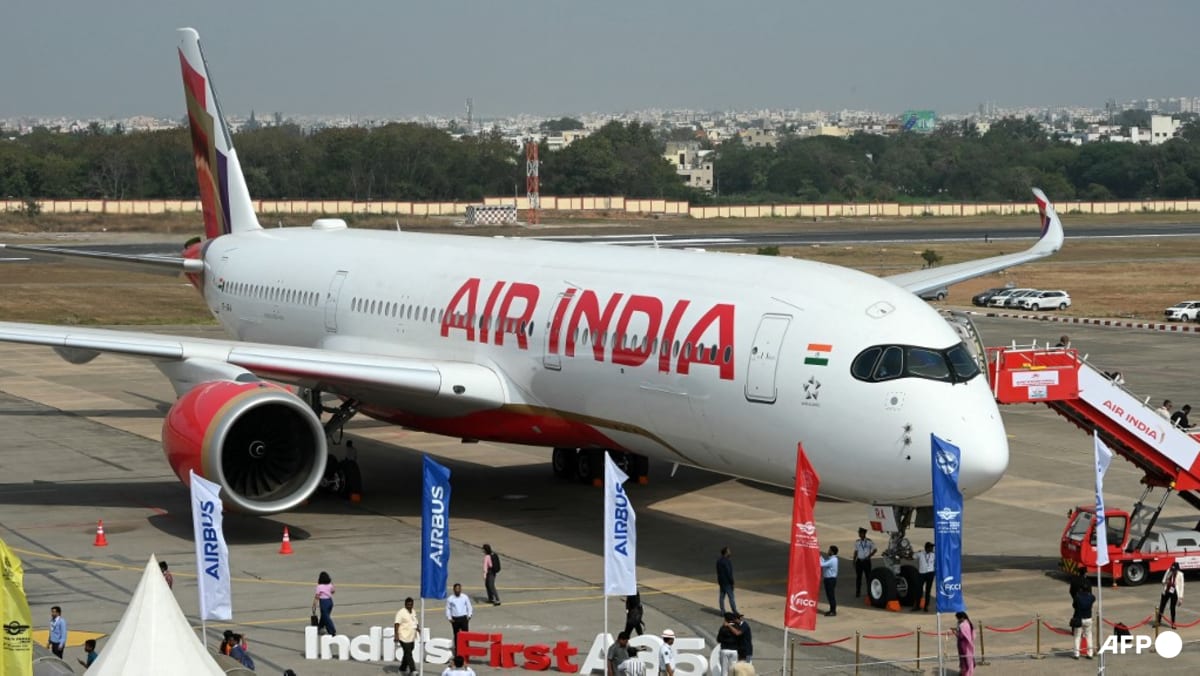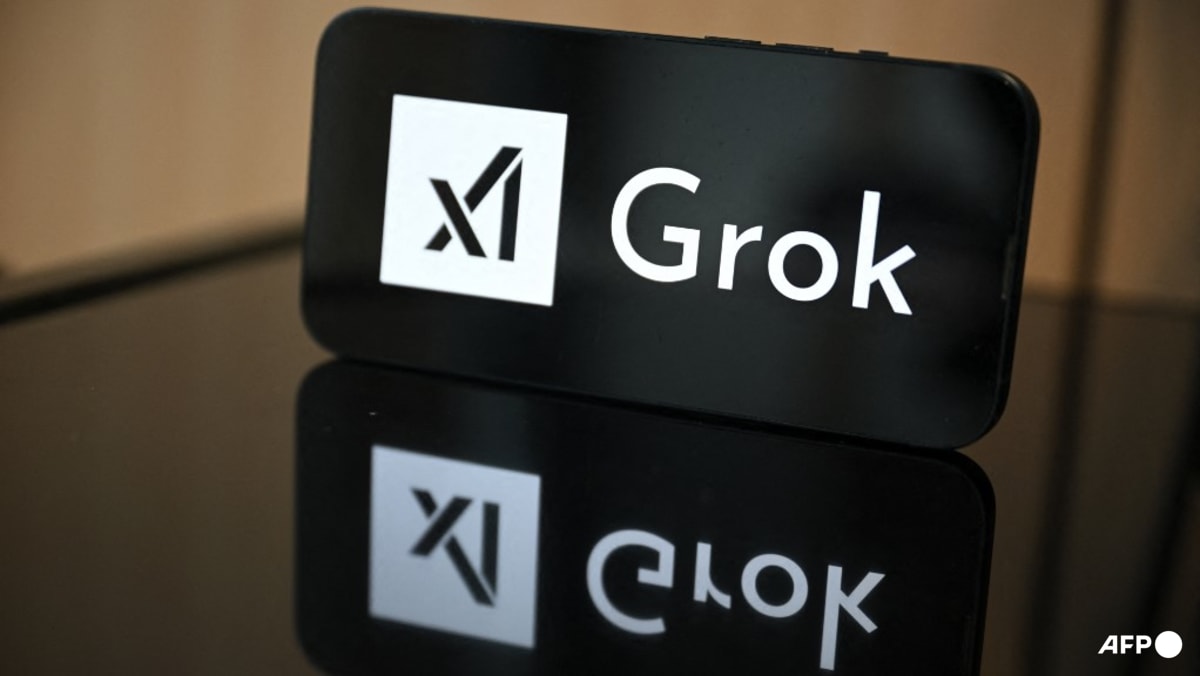Hong Kong’s national security law: 3 years on, more than 160 prosecutions, 8 bounties later, what else can the city expect?

Senior Counsel Ronny Tong Ka-wah, an executive councillor, said he expected the number of arrests in connection with the four crimes of the security law would “significantly drop”.
“Most provisions of the national security law targeted deeds or speeches in the 2019 protests. Future arrest numbers will drop significantly as the existing cases already served as a deterrent effect in society,” he said.
A government source said the administration would unlikely use the law readily in future, even as it now had it handy in its legal toolbox. “If we maintain order, there is unlikely to be a need to use the law frequently and we have been restrained,” he said.
US-CHINA RIVALRY DETERMINES LAW’S APPLICATION
The coming year will see a number of events and trials that are expected to further shape the implementation of the law. A key one is the legislation of the city’s own security law which John Lee pledged to enact “within this year, or next year at the latest”. He had said this was needed to plug “gaps” in the Beijing-imposed one.
Article 23 of the Basic Law, the city’s mini-constitution, stipulates that the city government shall enact laws on its own to prohibit seven types of offences. Treason, sedition, theft of state secrets, foreign bodies’ conducting political activities in the city, and local bodies establishing ties with foreign bodies are not covered by the existing security law.
Tong expected that during the legislative process, the Crimes Ordinance would also undergo “major amendments” to align with principles of Article 23 and the Beijing-imposed security law.
He expected chapters about treason and offences against the crown might be abolished and that the sedition law could be reformed to keep abreast with societal developments.
The biggest national security trial involving the group of 47 opposition figures is also likely to proceed through the courts this year. Last month, three national security judges ruled that prosecutors had made a strong enough case against 16 of them who had pleaded not guilty to a charge of conspiring to commit subversion.
Some of those who pleaded guilty, including former lawmaker Au Nok-hin, testified against fellow opposition colleagues during the trial. The court heard Au citing legal scholar Benny Tai Yiu-ting, the architect of the unofficial primary, as saying that having majority control of the legislature was a “constitutional weapon of mass destruction”.
The long-awaited trial of Jimmy Lai is expected to start in September, after it was delayed because he sought to have a UK-based lawyer on his defence team. The Apple Daily newspaper founder faces charges of sedition and conspiracy to collude with foreign forces. He has spent all but eight days behind bars since Dec 3, 2020.
Politically, there is a key event to watch in the latter half of the year: whether John Lee, under US sanctions in 2020, can visit San Francisco in November to attend the Asia-Pacific Economic Cooperation.
Political analyst Lau said the US-China rivalry could influence how hardline Hong Kong, as guided by Beijing officials, would be in handling national security cases, even as it would brook no interference on such matters.
“If Washington continues to contain, isolate Beijing and act hostile in shaping its so-called new world, Beijing has no choice but to firmly defend its core interests,” he said.
This article was first published on SCMP
Source: CNA



